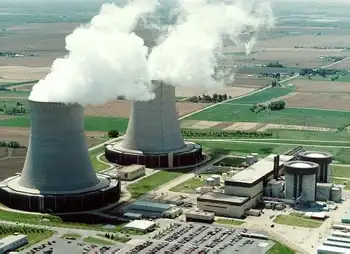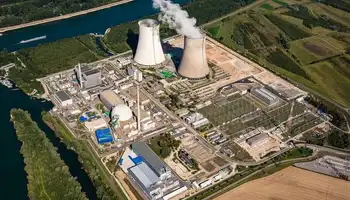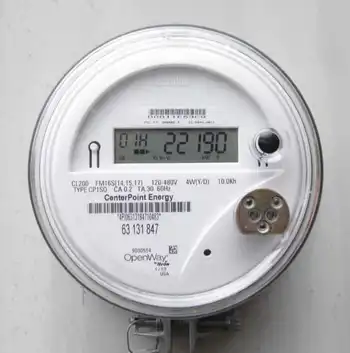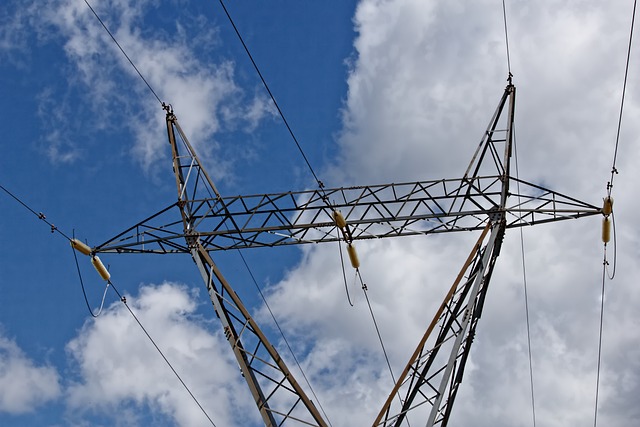- Big Projects to Develop Natural Gas in Qatar
Exxon Mobil and Royal Dutch/Shell are expected to announce significant investments in separate natural gas projects in Qatar in the coming days, underscoring a vast and accelerating shift within the oil industry to capitalize on the growing demand for cleaner-burning fuels the world over, particularly in the United States.
Recently Exxon Mobil plans to sign an agreement with Qatar Petroleum to invest more than $10 billion to develop two new liquefied natural gas facilities in Qatar's prolific North Field, a person close to the negotiations said on Wednesday. Exxon Mobil owns a 30 percent stake in the project, called Qatargas II, and it would work on every aspect from producing the natural gas to building the so-called natural gas trains that would ship the gas after it is super-cooled into liquid form.
Most important, Exxon Mobil is expected to buy all the natural gas that would be produced once the project goes into operation in 2008, or about 2.8 billion cubic feet a day, for sale in the United States in a 25-year contract. That would translate to about 2.8 trillion British Thermal Units, or B.T.U.'s, the common measurement of the heating value of natural gas. In 2000, the United States consumed 22.8 trillion B.T.U.'s of natural gas.
Royal Dutch/Shell is expected to sign a $5 billion deal on Monday with Qatar's state-owned petroleum company to build one of the world's largest gas-to-liquid plants, which could use a relatively new technology to make cleaner-burning vehicle fuel from natural gas, people close to the deal said recently. Neither Exxon nor Shell would comment on the status of their negotiations with Qatar.
Shell's investment would be the largest of any major oil company in gas-to-liquid, or G.T.L., fuel production. The technology produces an odorless, clear fuel from natural gas that works in diesel engines, but contains almost none of the pollutants that traditional fuels emit, like sulfur. The plant would also be built in Qatar's North Field and is expected to come online in 2009, producing 140,000 barrels of fuel a day.
As industrialized countries struggle to reduce emissions, they are slaking their huge appetites for fuel with natural gas, which burns more cleanly than oil and coal. In the United States, demand for natural gas has rocketed as all the newest power plants have been designed to run on gas rather than other fossil fuels.
But for much of this year, the American companies and consumers have had to grapple with the lowest supplies of natural gas in 25 years. Improved technology has permitted oil and gas companies to deplete gas reserves at a faster rate than before. At the same time, some large new reserves of gas in the United States remain off limits because of environmental protection efforts.
Most industry experts expect domestic supplies of natural gas to remain tight for years to come. Crimped supplies have kept natural gas prices high most of this year, at or above $5 per million British thermal units. While that has pinched the economy, it has made expensive projects like those in Qatar economically feasible. And it has raised a host of questions about what dependence on foreign sources of gas would mean for the United States, given its overwhelming reliance on overseas sources of oil.
Qatar, however, has been a staunch, politically stable ally of the United States. It has the world's third largest reserves of natural gas after Iran and Russia, and is negotiating with other foreign investors.
Exxon Mobil already has other liquefied natural gas projects in Qatar that supply several countries. The South African company Sasol is constructing a 34,000-barrel-a-day G.T.L. plant in Qatar that is expected to come online in 2005. Together with ChevronTexaco, Sasol is negotiating with the government to build another 120,000-barrel-a-day G.T.L. plant.
Gas-to-liquids technology is still new, but the move to reduce emissions could help advance the investments in Qatar, said Jamal Qureshi, an analyst with PFC Energy, a Washington consulting firm.
Analysts are also optimistic about G.T.L. plants because they are one way for producers to take advantage of so-called stranded natural gas fields, those too far from a pipeline to export economically.
"The G.T.L. business is turning into a very viable operation," said Bruce Lanni, an analyst at A. G. Edwards.
Related News

Hitachi freezes British nuclear project, books $2.8bn hit
TOKYO - Japan’s Hitachi Ltd said on Thursday it has decided to freeze a 3 trillion yen ($28 billion) British nuclear power project and will consequently book a write down of 300 billion yen.
The suspension comes as Hitachi’s Horizon Nuclear Power failed to find private investors for its plans to build a plant in Anglesey, Wales, which promised to provide about 6 percent of Britain’s electricity.
“We’ve made the decision to freeze the project from the economic standpoint as a private company,” Hitachi said in a statement.
Hitachi had called on the British government to boost financial support for the project to…




